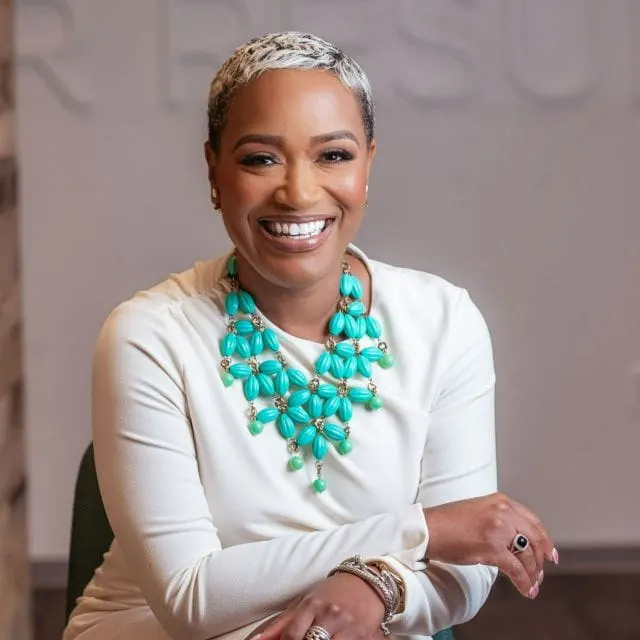The busy lives we lead today have us juggling careers, families, friendships and our finances, too. About a quarter of millennial men say they’re worried about what they owe, but that number goes up to 37% for millennial women when asked if their debt causes them significant stress.
We asked Ally's Head of Money Wellness Jack Howard to share ways women can better manage their debt worries.
Why are women more stressed about debt?
Historically, women have been left out of money conversations and kept financially dependent on their partner or family for financial support and guidance. Now, more women are taking ownership of their financial journeys, from building credit to paying off debt to investing for retirement and beyond — but they likely have less income to work with, as women are paid, on average, 83.7% as much as men (even less if they're women of color or with disabilities).
Read more: How to use spending and savings buckets to pay down debt
How can women move past barriers like imposter syndrome in the financial world?
Howard: The banking and investing industries are known for using a lot of jargon that can be exclusionary, specifically for underserved communities and women. At Ally, we work to be conversational and welcoming with the goal of making all aspects of managing finances easier to navigate.
But you have to take the first step. I am an advocate for financial education and lifelong learning. So many resources help breakdown the basics — books, such as Financial Feminist by Tori Dunlap or I Can Teach You to Be Rich by Ramit Sethi, and podcasts, such as Earn Your Leisure, are great starting points. And once you have the knowledge, it's important to implement what you have learned.
Ask for guidance and support from friends or a financial advisor to lessen the stress.
What do you do to manage financial stress?
In my own life, I find that opening mail (such as bills) creates stress. But I combat this by automating everything. I also ask for guidance and support from my friends and financial advisor, which lessens the stress and helps me move forward toward productive financial habits.
We each have our own individual money experiences and emotions. Whenever you have an immediate emotional reaction to a financial decision, I suggest you pause and consider what you are feeling at that moment and how you might feel later if you proceed or alter the decision.
If you could have a group of women stressed about their debt together in a room, what advice would you give them?
I would encourage them to take the Consumer Financial Protection Bureau's financial well-being assessment, which helps you explore how well your current money situation is providing you with financial security and freedom of choice. After completing it, make a list of two or three action items you can implement today to improve your well-being score. For instance, you might create a journal where you record observations (especially your thoughts and feelings) about your financial situation each day.
I would also suggest taking steps to uncover your money story, which can unlock the origins of money stress and help progress you on your journey to financial wellness.




